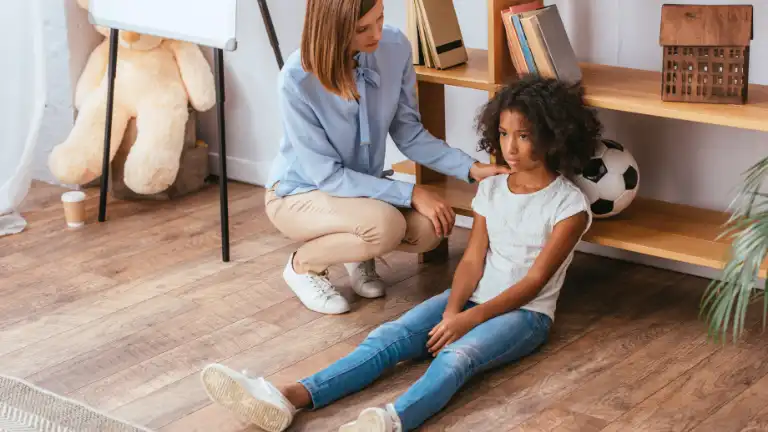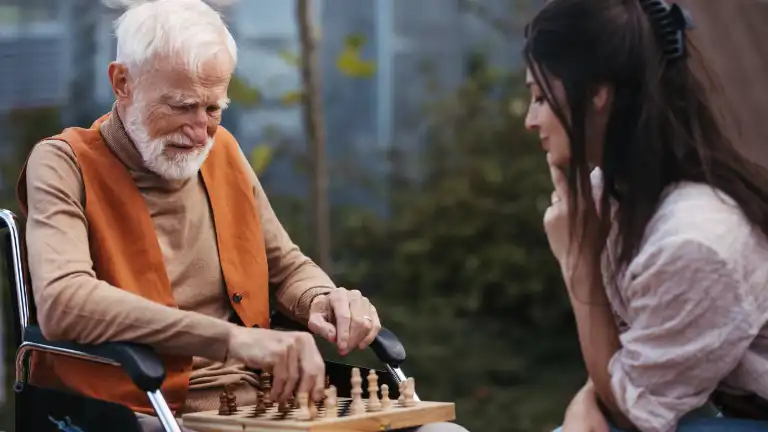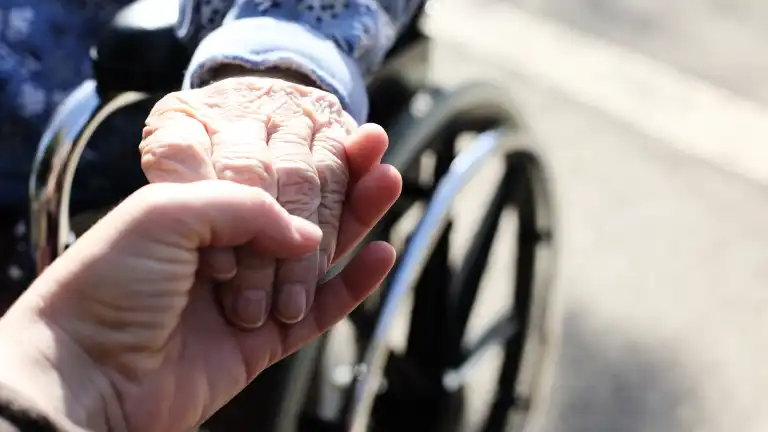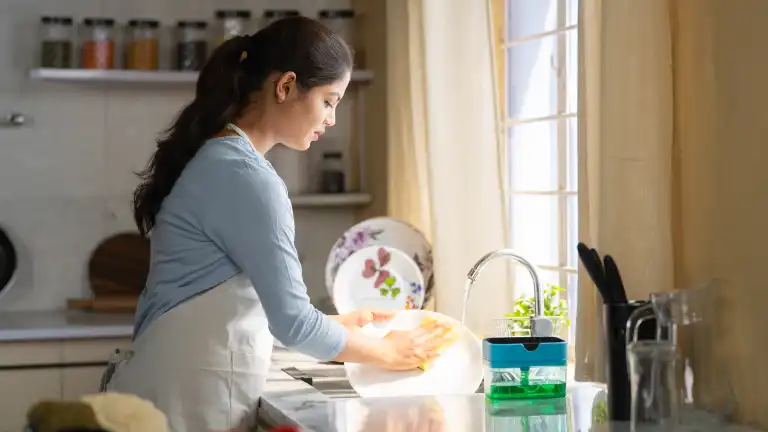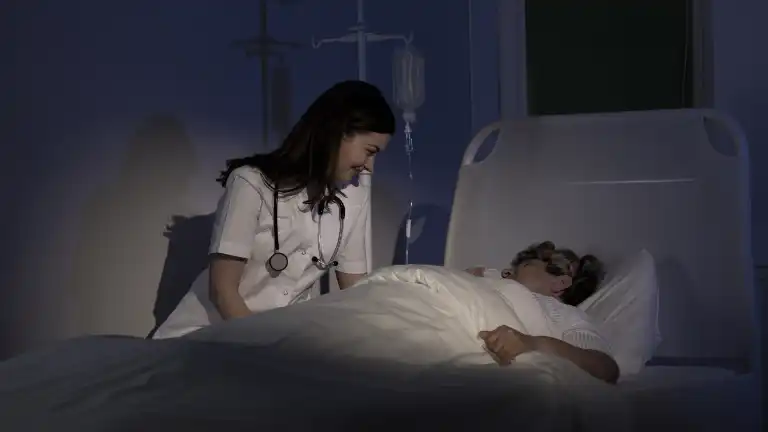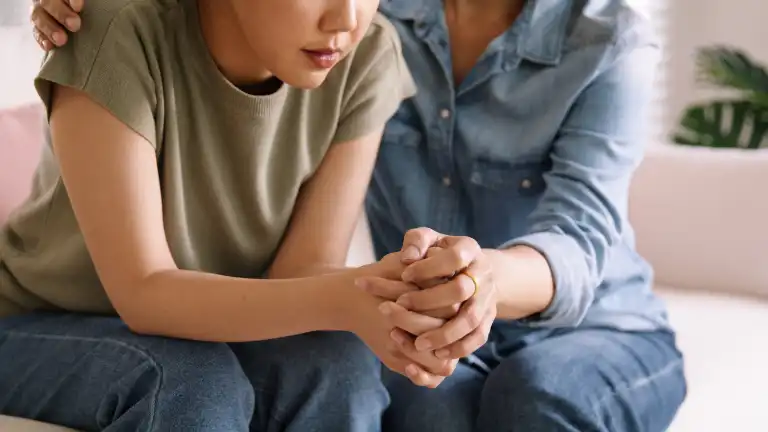End of Life Care
Caring with heart, serving with a smile.
We work to support you and your family with personalised and comforting end-of-life care.
Compassionate End of Life Care
Jordan Care offers compassionate and respectful End of Life Care, ensuring comfort and dignity for clients during their final stages of life. Our carers provide physical, emotional, and spiritual support tailored to the wishes and needs of both the client and their family.
Respect and Dignity
Our goal is to provide a serene and supportive environment, allowing our clients to spend their remaining time in peace and comfort. We work closely with healthcare professionals to manage pain and other symptoms, ensuring the highest quality of life possible.
Frequently Asked Questions
What is end-of-life care?
End-of-life care is support, treatment and care for people who are approaching the end of their life. It aims to help you live as well as possible over the remainder of your life and usually includes:talking about and making plans for how you would like to be cared for at the end of your life, such as where you would like to die and your medical preferences – you might hear this referred to as advance care planningmanaging any physical symptoms, including pain reliefemotional support for you and those close to youhelp understanding what to expect towards the end of your lifehelping you to die with dignity.End-of-life care can also involve help with practical issues such as making a will, obtaining financial support for your care needs or planning your own funeral. There are separate specialised companies that can support you with these aspects of advance care planning.Once end-of-life care begins, our care team’s focus will be on ensuring that you have the best possible quality of life for the time remaining, rather than trying to cure you of any serious illness.
Can end-of-life care be delivered at home?
Depending on your needs and preferences, you may receive end-of-life care at home, in a care home, in hospital or in a hospice.According to the most recent research carried out by the Office for National Statistics (National Survey of Bereaved People (VOICES): England, 2015), the majority of people say they would prefer to die at home. But in reality, around half of older people actually die in hospital. For some people and their loved ones, this is disappointing and reflects a frustrating lack of choice about end-of-life care. But for others, the nature and progress of their illness, and the level of care available at home, means that dying in hospital can be the best option in the end.
Book Care
If you or a loved one are in need of our services, please fill out the form below and a member of our team will be in touch.
